Collection |
Collections
Filters
-
Collection Type
-
-
Collection |
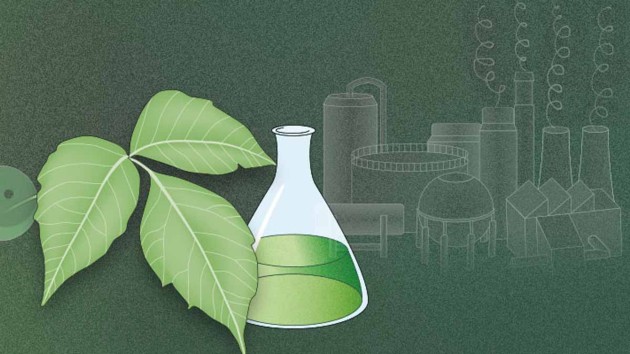 Green Chemistry
Green Chemistry
Chemistry has always had a central role in the provision of food and energy, materials and medicines. Recent years have increasingly seen chemistry research move towards environmentally friendly, sustainable products and processes.
Image: Erin Dewalt, Lauren Robinson, David Schilter, Rachael Tremlett -
Collection |
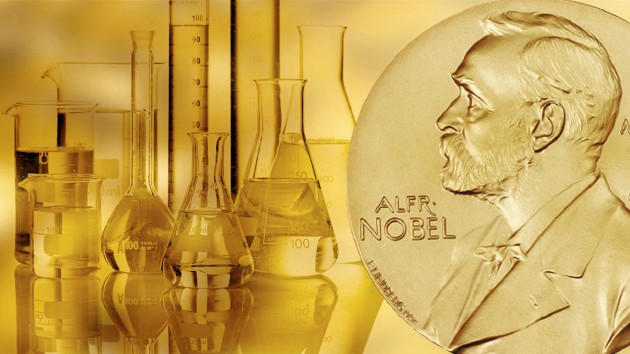 Nobel Prize in Chemistry 2022
Nobel Prize in Chemistry 2022
The 2022 Nobel Prize in Chemistry has been awarded to Carolyn R. Bertozzi, Morten Meldal and K. Barry Sharpless for the development of click chemistry and bioorthogonal chemistry.
Image: Springer Nature/The Nobel Foundation/Imagesource -
Collection |
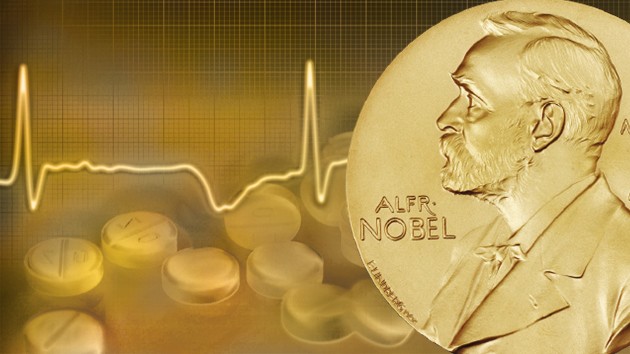 Nobel Prize in Physiology or Medicine 2022
Nobel Prize in Physiology or Medicine 2022
The 2022 Nobel Prize in Physiology or Medicine was awarded to Svante Pääbo "for his discoveries concerning the genomes of extinct hominins and human evolution".
Image: Springer Nature/The Nobel Foundation/Imagesource -
Collection |
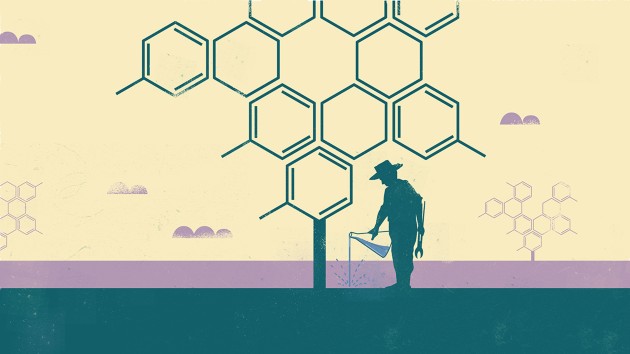 Sustainable Chemistry
Sustainable Chemistry
Sustainable chemistry aims to improve the efficiency with which natural resources are used for chemical products.
Image: Design: Alex Whitworth -
Collection |
 First Anniversary Collection
First Anniversary Collection
As Nature Reviews Methods Primers celebrates its first anniversary, we present a selection of Primers we have published so far, with their associated PrimeViews, highlighting key areas of our diverse scope across the life and physical sciences.
Image: Simon Bradbrook -
Collection |
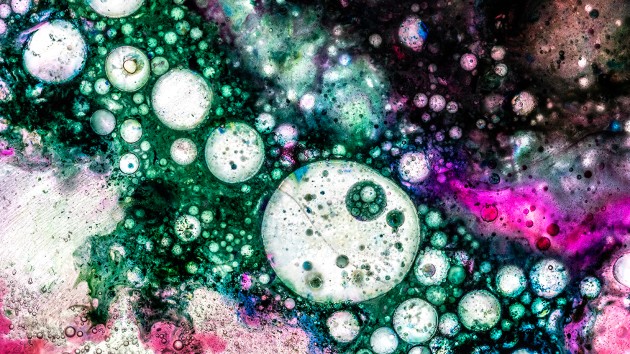 Spatial proteomics
Spatial proteomics
While proteomics approaches have facilitated the analysis of proteins present in cells and tissues, spatial proteomics have enabled the delineation of proteins’ spatial localization within cells, which has enhanced our understanding of their form and function.
Image: Jose A. Bernat Bacet

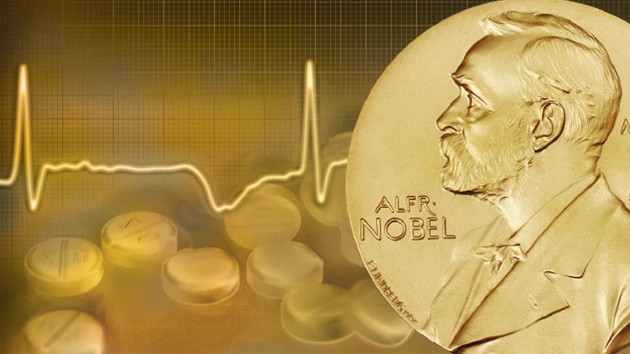 Nobel Prize in Physiology or Medicine 2023
Nobel Prize in Physiology or Medicine 2023